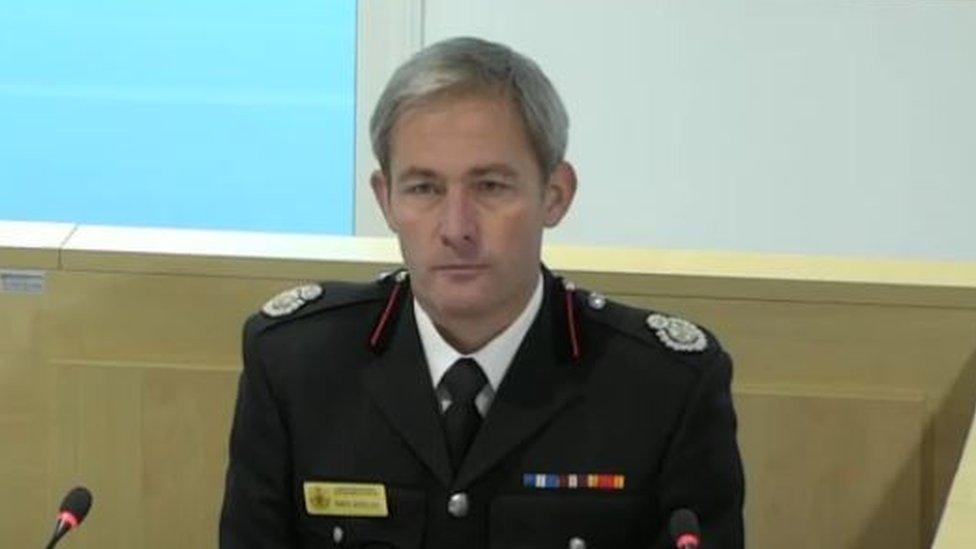Manchester Arena Inquiry: Fire service reluctant to take risks, expert says
- Published
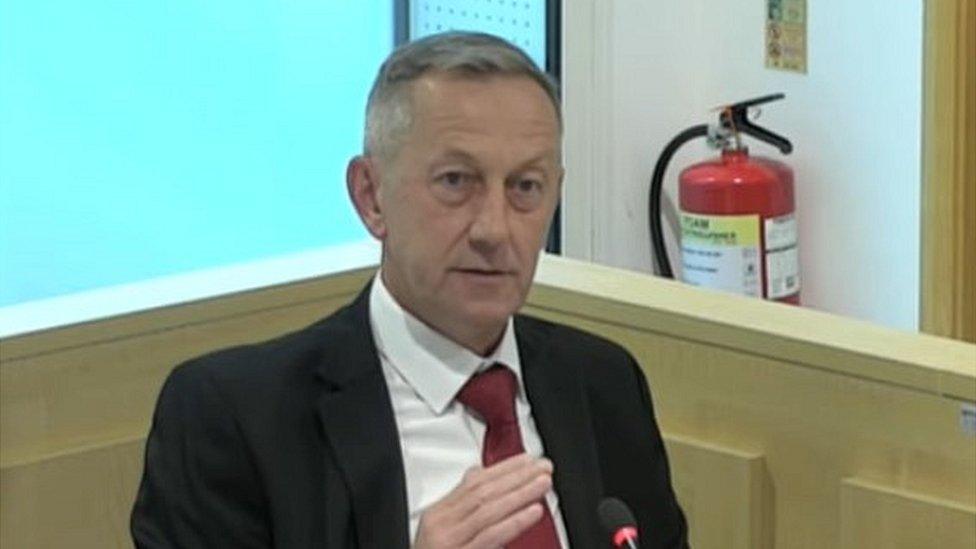
Matthew Hall is an independent fire and rescue expert appointed by the inquiry
A fire service was reluctant to take risks when responding to the Manchester Arena bombing, an independent expert has told the inquiry into the atrocity.
Various failures meant it took firefighters more than two hours to get to the scene of the 2017 attack.
Fire and rescue expert Matthew Hall described Greater Manchester Fire and Rescue Service as "risk averse" rather than "risk aware".
However, he did not criticise the actions of individual firefighters.
Twenty-two people died and hundreds more were injured when bomber Salman Abedi detonated a device in the arena's foyer at the end of an Ariana Grande concert on 22 May 2017.
Mr Hall, who was appointed by the inquiry, said: "There were opportunities where individuals could have intervened with the plan, could have taken decisions which perhaps would have attracted a little more risk but nonetheless would probably have had a more positive outcome."
He said he was not suggesting individual firefighters were "afraid to do their job" or "reluctant or resistant to take risks".

Twenty-two people were killed in the May 2017 bombing
The inquiry has heard the fire service's approach to joint working with other emergency services "was not adequate" during the response.
In the immediate aftermath, fire crews did not go to the police-nominated rendezvous point at Manchester Cathedral car park because the initial commander, station manager Andy Berry, felt it was too close to the arena and not safe.
Mr Hall said that decision not to follow the instructions of the police was wrong.
"I would imbue that information with a level of trust that they're not sending me to somewhere that is extremely unsafe to go to," he said.
Instead, Mr Berry instructed firefighters to be sent to Philips Park Fire Station in east Manchester, three miles from the arena, a decision which was also criticised by Mr Hall.
"The overarching principle has to be to save life and reduce harm. You cannot do that three miles, two miles away from the incident," he said.
Mr Hall said the initial decision by North West Fire Control not to mobilise firefighters straight to the scene was "unreasonable".
He also criticised senior fire managers who he said should have realised earlier that things were not going right.
"The plan was clearly not achieving its objective and should have been challenged and/or changed sooner," he said.
The inquiry was told the fire service accepted Mr Hall's conclusion that its response on the night was "neither adequate nor acceptable".
Mr Hall told the hearing that everyone involved in the fire service response to the arena attack had taken the incident seriously and were trying to do their best.
But he said policies and procedures had been changed since the atrocity and the service was seeking to learn lessons.
The inquiry continues.

Why not follow BBC North West on Facebook, external, Twitter, external and Instagram, external? You can also send story ideas to northwest.newsonline@bbc.co.uk
- Published6 September 2021
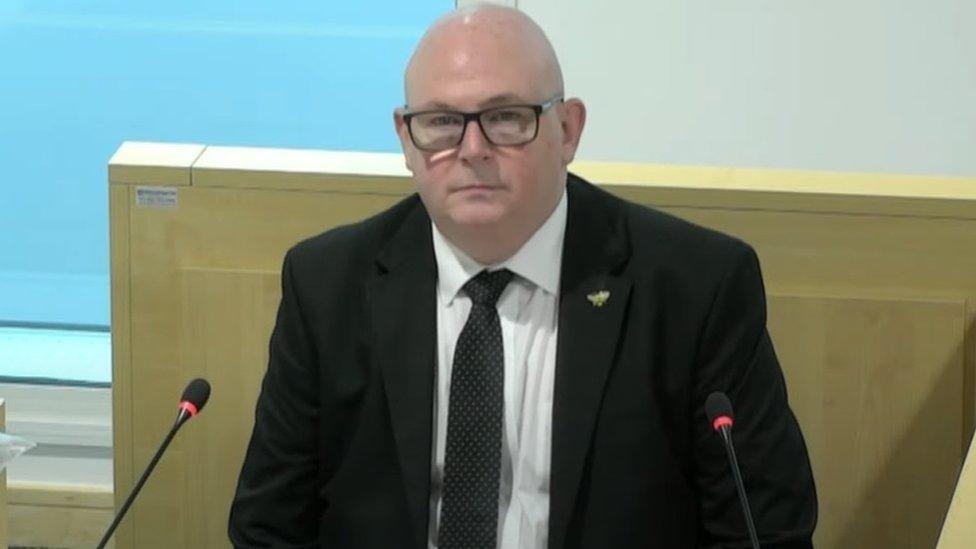
- Published3 September 2021
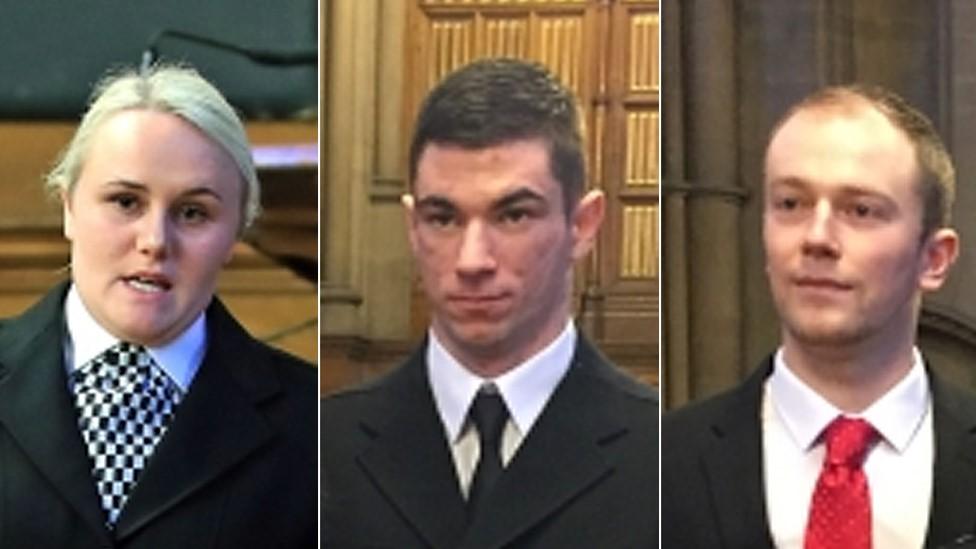
- Published21 July 2021
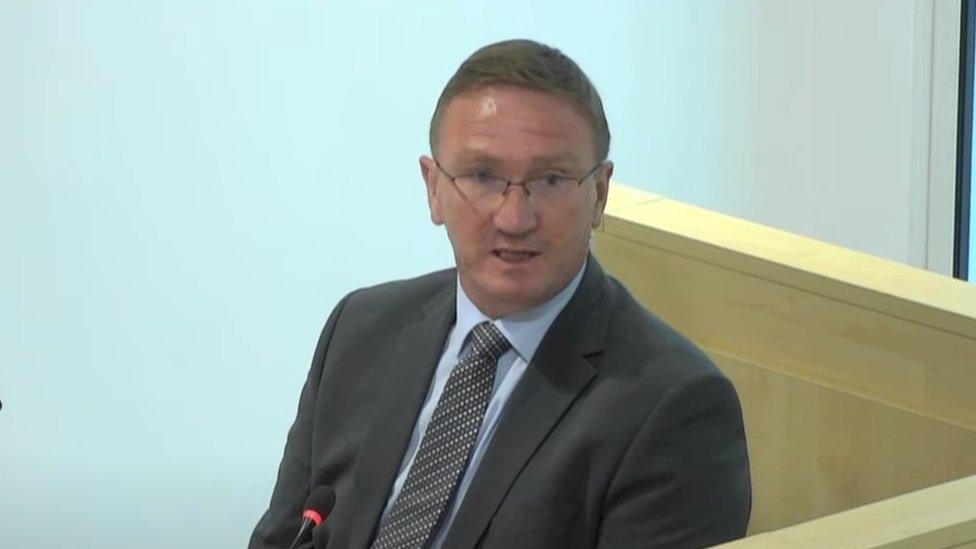
- Published20 July 2021
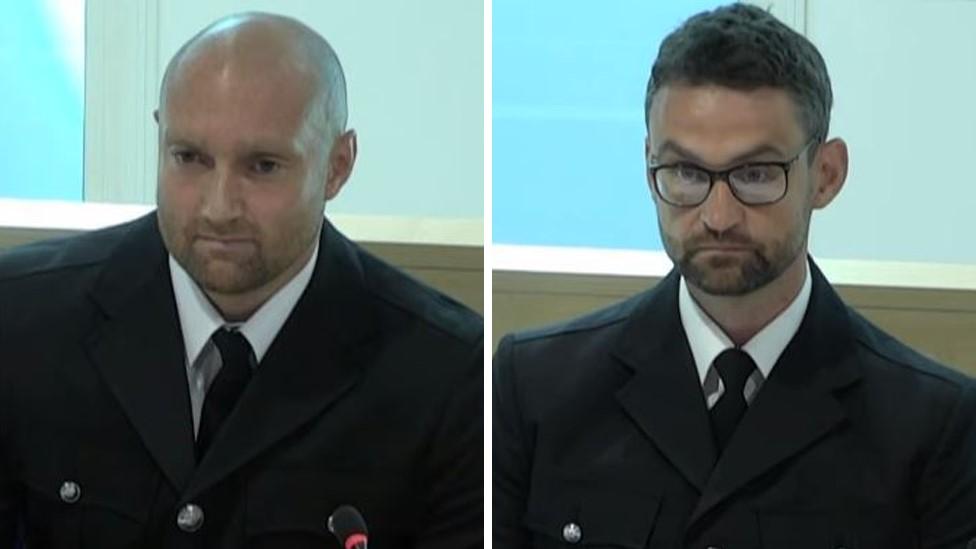
- Published19 July 2021
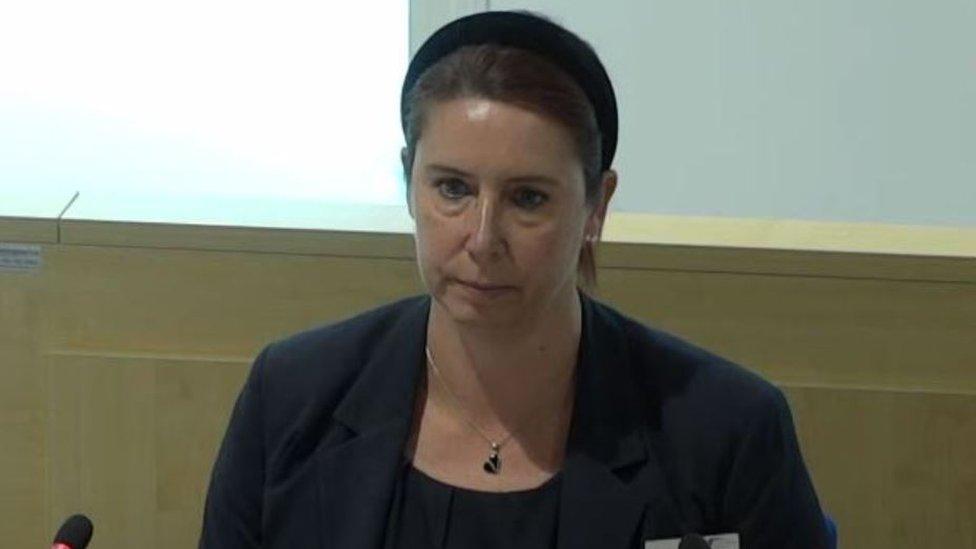
- Published15 July 2021
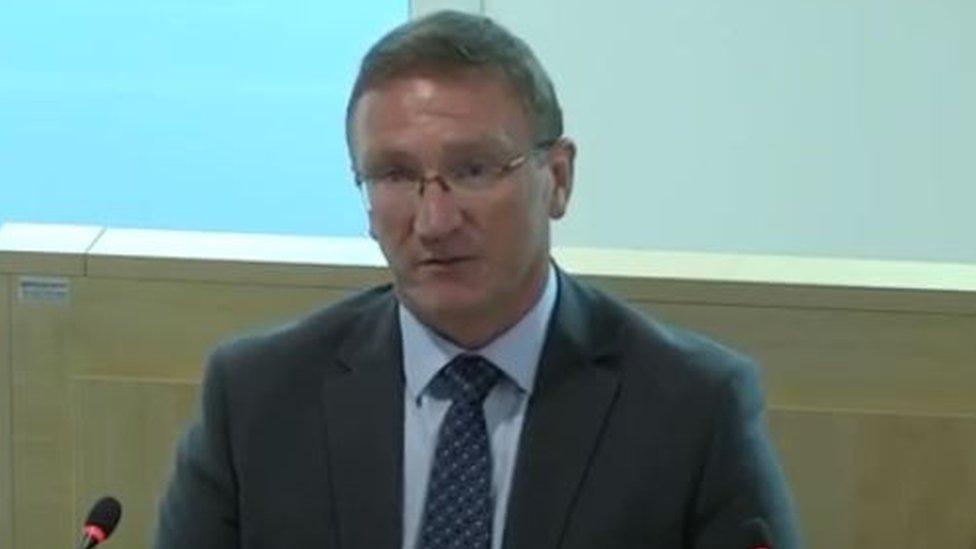
- Published14 July 2021
